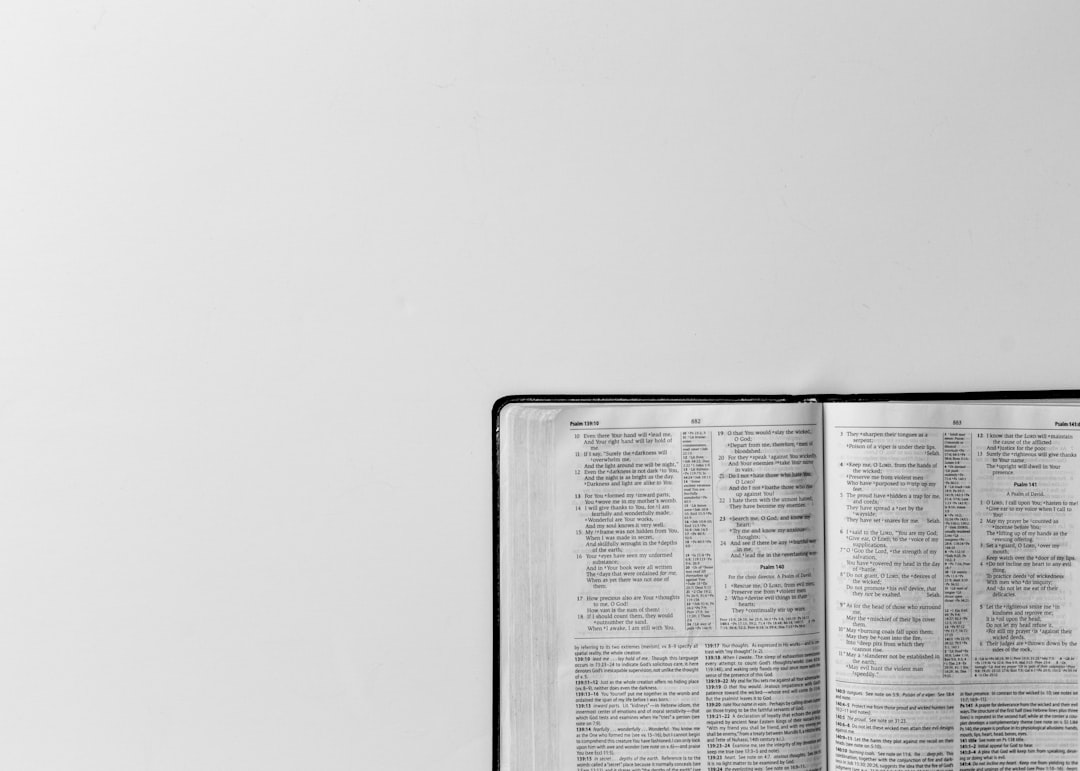Every culture and religion has its own set of rituals and traditions that play a significant role in strengthening the faith of its followers. These rituals and traditions are often passed down from generation to generation and are observed with great reverence and devotion. They serve as a way to connect individuals to their beliefs, their community, and ultimately to something greater than themselves.
Rituals and traditions are an integral part of religious practice and can take many different forms. They can be formal ceremonies or casual observances, public events or private rituals. Regardless of their specific form, rituals and traditions provide a sense of structure and continuity to religious practice, helping to ground individuals in their faith and provide a sense of belonging to a larger community.
One of the key roles of rituals and traditions in strengthening faith is their ability to create a sense of sacred space and time. By setting aside specific times and places for worship and reflection, rituals help to create a sense of holiness and reverence that can deepen an individual’s connection to their faith. Whether it’s the weekly observance of Sabbath for Jews or the daily prayers for Muslims, these rituals serve as a reminder of the presence of the divine in everyday life.
Rituals and traditions also serve to strengthen faith by creating a sense of continuity and tradition. By participating in the same rituals and traditions that their ancestors practiced, individuals are able to connect with the history and heritage of their faith. This helps to create a sense of belonging and identity within a larger community of believers, reinforcing the values and teachings of the faith through shared experiences and practices.
In addition, rituals and traditions can provide a sense of comfort and familiarity in times of uncertainty or struggle. When faced with challenges or difficult circumstances, the routines and practices of rituals can provide a sense of stability and support, offering a source of strength and solace to believers. Whether it’s the recitation of prayers or the celebration of festivals, these rituals provide a sense of continuity and connection to something greater than oneself, helping individuals to weather the storms of life with faith and resilience.
Furthermore, rituals and traditions help to reinforce the teachings and values of a faith through tangible actions and symbols. By participating in rituals such as baptism, communion, or pilgrimage, individuals are able to embody and experience the core beliefs and principles of their faith in a meaningful way. These rituals serve as a tangible expression of one’s commitment to their beliefs and a way to deepen their understanding and connection to the divine.
Moreover, rituals and traditions can also serve as a way to build community and foster social bonds among believers. Whether it’s the shared experience of fasting during Ramadan, the communal celebration of Diwali, or the collective prayers of worshippers at a Sabbath service, rituals provide a way for individuals to come together and connect with one another through their shared faith. These shared experiences help to create a sense of unity and solidarity among believers, fostering a sense of belonging and support within the community.
As we can see, rituals and traditions play a crucial role in strengthening faith by providing structure, continuity, and connection to something greater than oneself. They serve as a way to create sacred space and time, connect individuals to their heritage and community, provide comfort and support in times of struggle, reinforce teachings and values, and build community and social bonds among believers. Whether it’s through the observance of daily prayers, the celebration of holidays and festivals, or the participation in sacraments and rites, rituals and traditions help to deepen one’s faith and foster a sense of connection to the divine and to one another.

